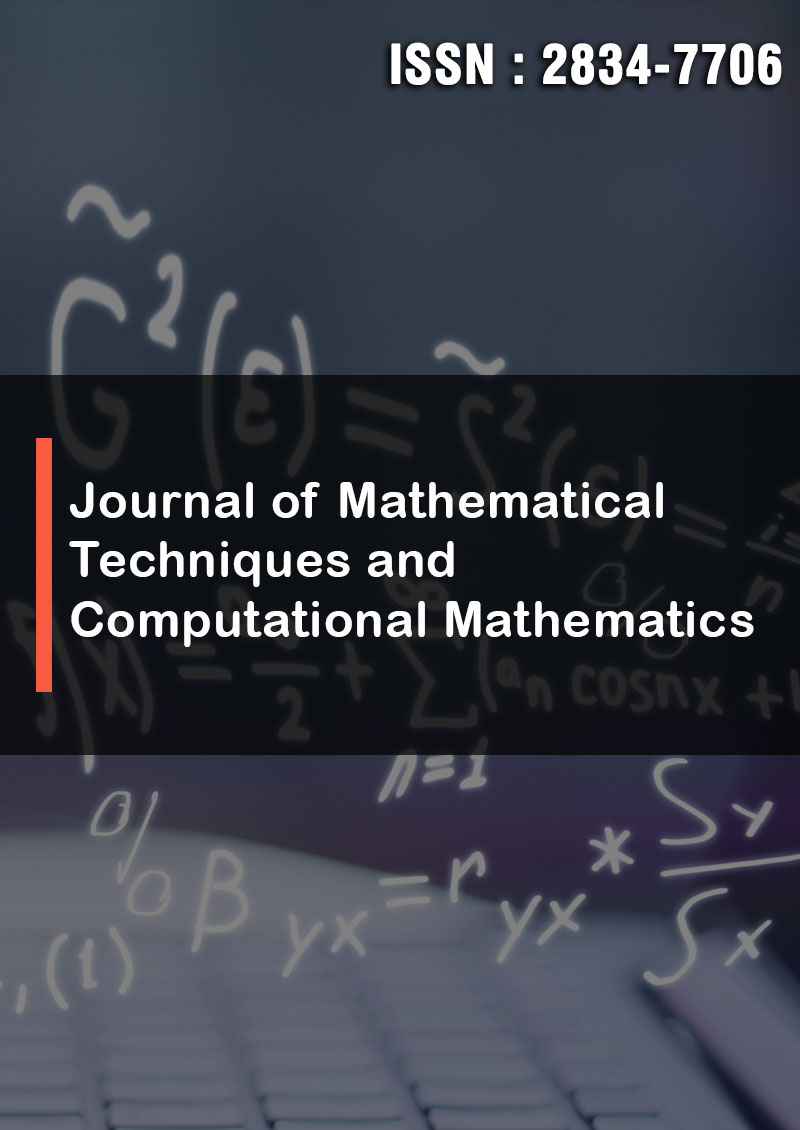Machine Learning-Driven Evaluation of Lithium and Valproate Combination Therapy in Bipolar Disorder
Abstract
Rocco de Filippis and Abdullah Al Foysal
Background: Bipolar disorder (BD) is characterized by recurrent episodes of mania and depression, requiring long-term mood stabilization. While lithium is a well-established treatment for BD, its efficacy can vary among individuals. Combination therapy with valproate has been explored to enhance treatment outcomes.
Objective: This case series aims to demonstrate the superior effectiveness of lithium and valproate combination therapy over lithium monotherapy in stabilizing mood in patients with bipolar disorder.
Methods: This retrospective study includes data from 2 patients diagnosed with bipolar disorder. Patients initially treated with lithium monotherapy who showed inadequate response were subsequently treated with a combination of lithium and valproate. Clinical assessments were conducted using the Mood Disorder Questionnaire (MDQ), Clinical Global Impression-Severity (CGI-S), Hamilton Depression Rating Scale (HDRS), and Global Assessment of Functioning (GAF) before and after combination therapy.
Results: Combination therapy with lithium and valproate significantly improved mood stability in patients compared to lithium monotherapy. On average, MDQ scores decreased from 22.4 to 8.3, CGI-S scores improved from 4.8 to 2.1, HDRS scores reduced from 25.6 to 9.7, and GAF scores increased from 50.3 to 75.4. These improvements were sustained over a follow- up period of 12 months.
The combination of lithium and valproate provides superior mood stabilization in patients with bipolar disorder compared to lithium alone. These findings suggest that combination therapy should be considered in patients who do not achieve adequate symptom control with lithium monotherapy.



